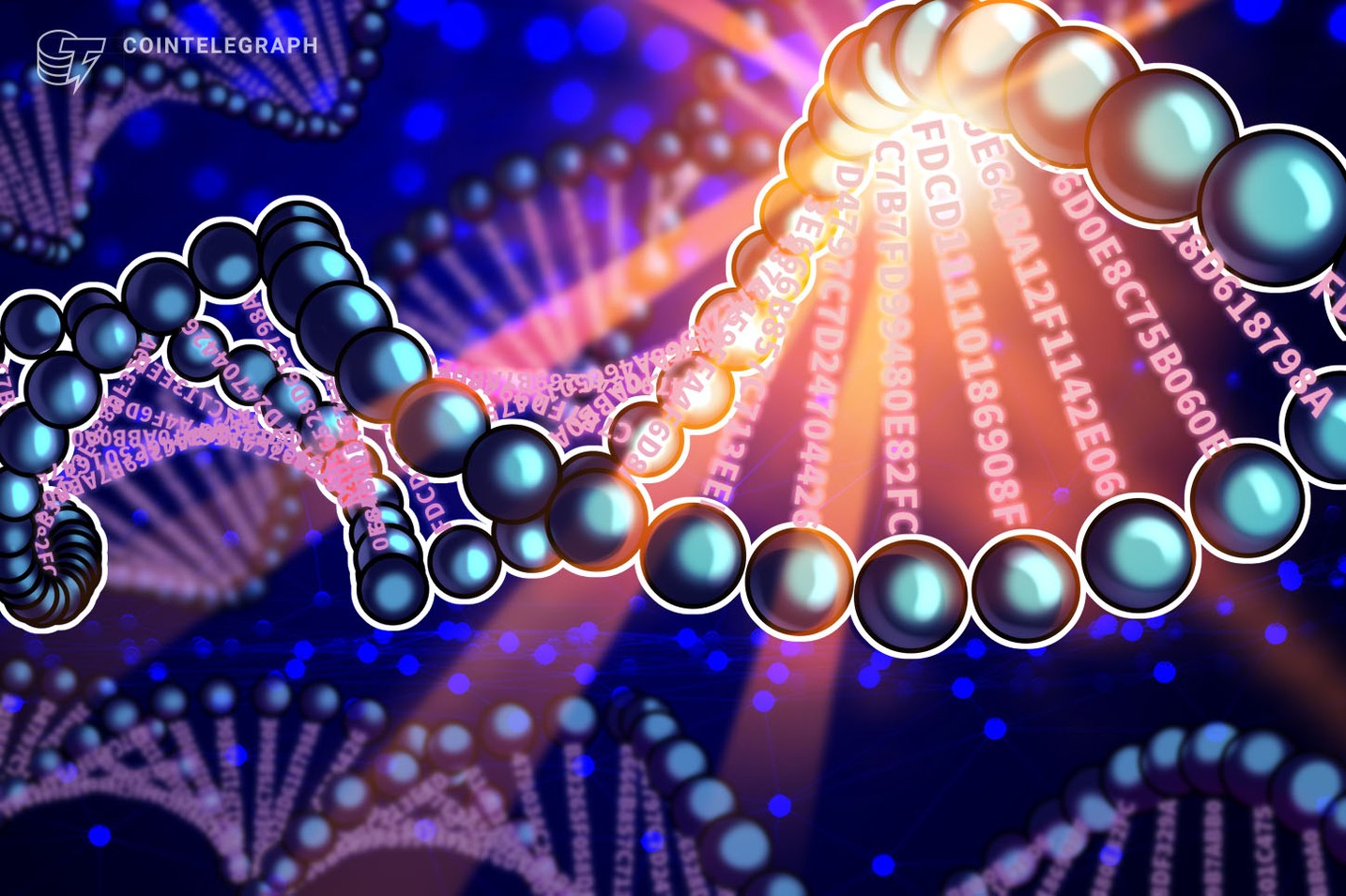5 Ways Blockchain Can Enhance User Data Privacy Post-23andMe

Blockchain Projects Seek User Data Privacy Amid 23andMe Crisis
In the wake of 23andMe’s bankruptcy, privacy advocates are calling for users to delete their DNA data as blockchain builders propose solutions for on-chain genomic data storage. With over 15 million users’ data at stake, the urgent push for secure alternatives is gaining momentum.

Background and Context
The recent bankruptcy of 23andMe has raised significant concerns regarding user data privacy, particularly for the company’s 15 million customers. As a leader in genetic testing, 23andMe’s business model relies heavily on selling user-generated data to third parties, including pharmaceutical companies. This situation underscores the pressing need for reform in how personal data, especially sensitive genetic information, is handled in the digital age.
Historical instances of data breaches and misuse have shown that individuals are often unaware of the risks associated with sharing their personal information. With the approval of a bankruptcy court allowing for the sale of user data, privacy advocates are sounding alarms, urging users to delete their DNA data to mitigate potential exploitation.
Moreover, the conversation has shifted towards innovative solutions, such as utilizing blockchain for user data privacy. By moving genomic data to blockchain networks, users can regain control over their DNA information, ensuring enhanced security and privacy through decentralization. As the landscape for genetic data continues to evolve, the promise of blockchain for user data privacy offers a hopeful alternative for those disillusioned by traditional data management practices.

Blockchain Projects Fight for 23andMe User Data Amid Bankruptcy
As the DNA testing firm 23andMe faces bankruptcy, the issue of blockchain for user data privacy has surged to the forefront. Following the company’s Chapter 11 filing on March 23, concerns over the genomic data of its 15 million users have escalated, prompting privacy advocates and government officials to urge immediate action.
On March 26, a judge approved the sale of user data, increasing urgency among customers to delete their information. “Users need to understand that their genetic data could end up in the hands of the highest bidder,” notes Darius Belejevas, head of data removal service Incogni.
The Case for Blockchain
The captivating promise of using blockchain for user data privacy arises amid growing unease surrounding 23andMe. Blockchain advocates argue that decentralized networks could provide a safer haven for genetic information, allowing users to maintain control over their data. Yet, this transition poses substantial challenges.
23andMe, primarily known for selling DNA test kits and providing ancestry insights, fundamentally relies on selling customer genetic data for revenue. While the company claims to anonymize user data, privacy remains a concern. Incogni’s research indicates that 80% of 23andMe users participate in data sharing, often mistakenly believing this data will be safeguarded.
- The potential market for genomic data is massive, with implications for pharmaceutical advancements.
- Statistics show about 60% of users are unaware that company acquisitions may divert their data flow.
- The 2024 Incogni study highlighted significant gaps in industry regulations surrounding data privacy.
As blockchain offers a potential path toward protecting genetic data, directors urge users to consider innovative solutions that enhance privacy while overcoming existing obstacles to implementation.

Analysis of 23andMe’s Bankruptcy and Data Privacy Concerns
The recent bankruptcy of DNA testing company 23andMe has raised significant alarm among its 15 million users, particularly regarding the potential sale of sensitive genetic data to third parties. As privacy advocates urge users to delete their data, this situation underscores the pressing need for enhanced user data privacy solutions. The intersection of blockchain technology and genomics presents a promising avenue for safeguarding user data, particularly in terms of the blockchain for user data privacy.
Blockchain advocates are leveraging this predicament to argue for decentralized alternatives that could provide users with greater control over their genetic information. However, the path to effectively integrating DNA sequencing onto blockchain platforms poses its own set of challenges and complexities. The allure of a more private and user-controlled 23andMe is enticing, especially in light of the current climate where users’ data may not be adequately protected. This incident amplifies the ongoing discourse on the necessity for robust regulatory frameworks in data collection and privacy, emphasizing the critical demand for innovative solutions like blockchain to secure personal data.
Conclusion
As we navigate this evolving landscape, stakeholders must consider the potential of blockchain for user data privacy to create a safer and more transparent environment for genetic information management.

Read the full article here: Blockchain projects fight for 23andMe user data amid bankruptcy






